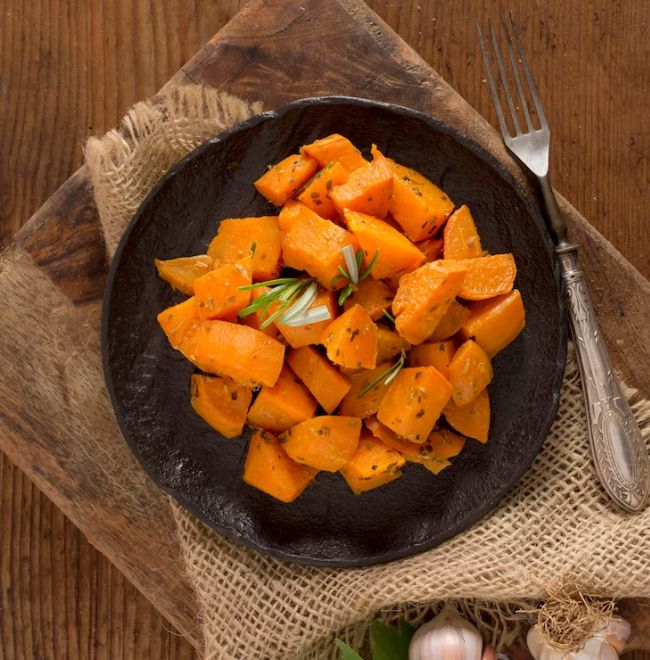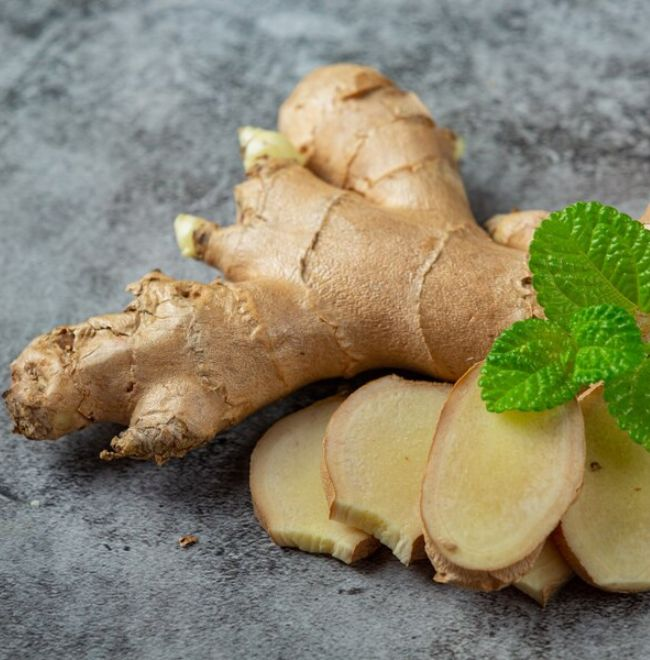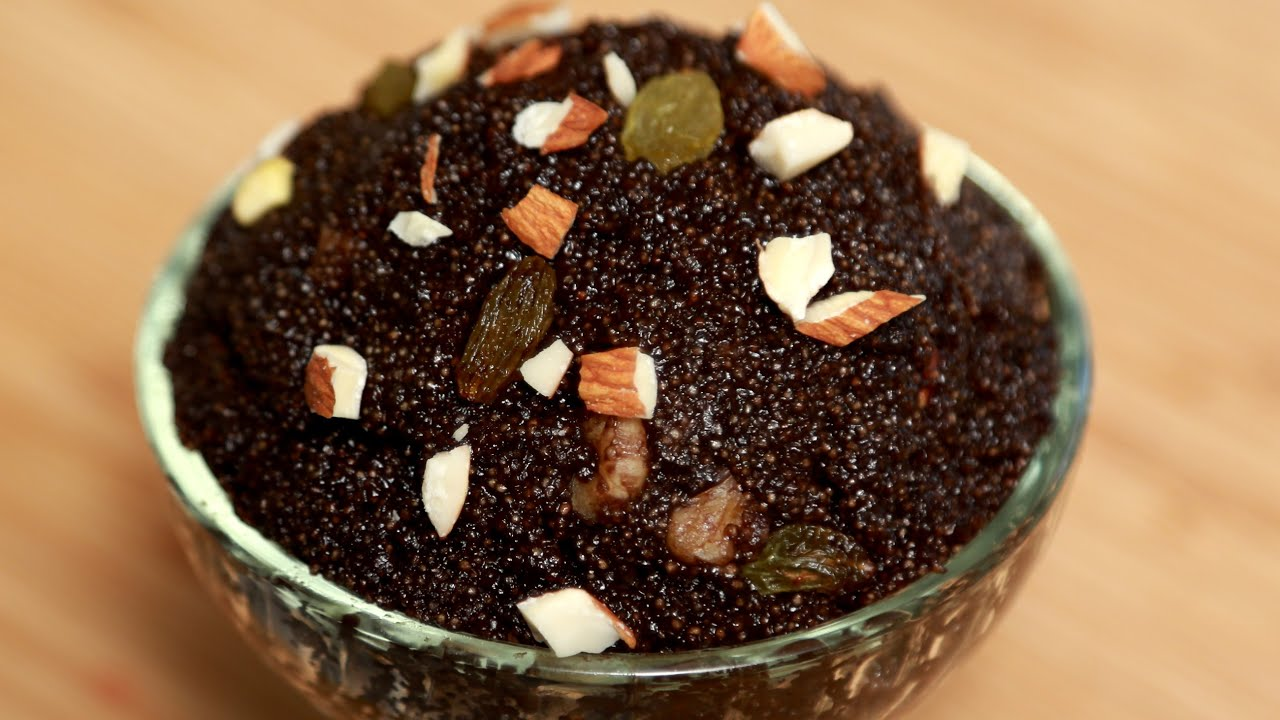Foods for Winter: The risk of catching cold increases in the winter season. In cold weather we try to keep our body warm. To maintain warmth in our body, we like to eat and drink hot things, like tea, coffee, hot chocolate, soup etc. Apart from all these, there are some food items which help in keeping you warm in winter and also protect you from cold and cough . Let us know which food items are beneficial to eat in cold.

Jaggery
Eating jaggery in winter season provides warmth to your body. Iron is found in it, which reduces the risk of anemia. It improves your digestion and also makes your metabolism faster. It also strengthens your immune system, which reduces the problems of cold and cough. Eating it daily also keeps the liver healthy.
Ghee
Ghee is very easily digested and also provides many benefits. Eating ghee strengthens your immunity. Due to which it also protects against cold caused by cold. It also provides relief from cough. However, eat it only in limited quantities.
Honey
Honey has been used for many years to treat cold and cough. Honey strengthens immunity and also keeps our body warm. Anti-inflammatory properties are also found in it.
seasonal fruits
Winter fruits like orange, apple, pomegranate, kiwi, papaya, guava etc. are very beneficial for health. These strengthen your immune system and protect you from flu during cold weather and also maintain your body temperature. Additionally, these fruits contain large amounts of vitamins and minerals, which are essential for your good health.
Ginger

Ginger is also used to cure cold and cough. Anti-bacterial properties are found in it, which helps in protecting from infection. It is also beneficial in curing nausea and controlling sugar.
Sweet potato
Sweet potatoes are as tasty as they are healthy. Along with strengthening immunity, it is also beneficial for our guts and brain. Along with this, it also gives warmth to the body, due to which eating it is very beneficial in cold weather.
Disclaimer: The advice and suggestions mentioned in the article are for general information purposes only and should not be taken as professional medical advice. If you have any questions or concerns, always consult your doctor.
Picture Courtesy: Google










